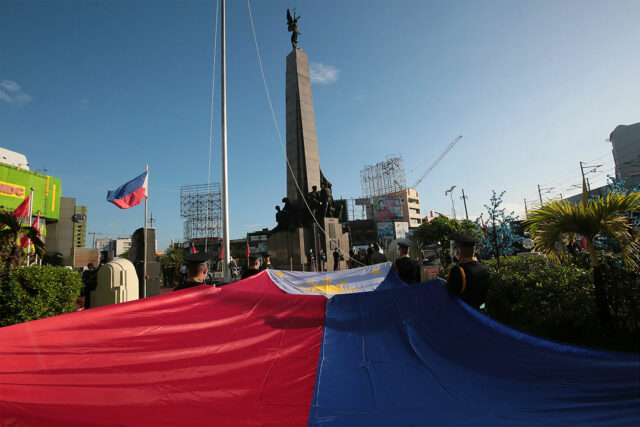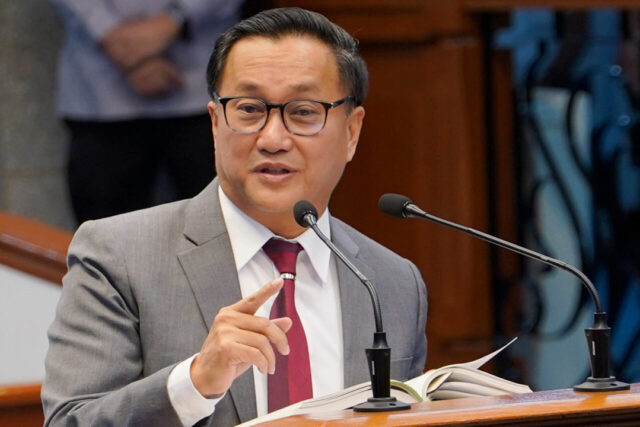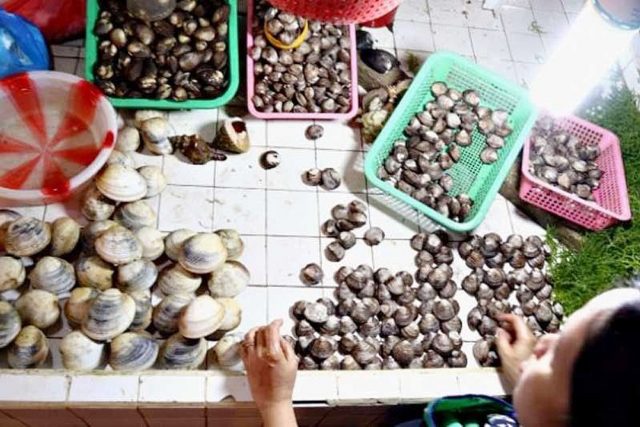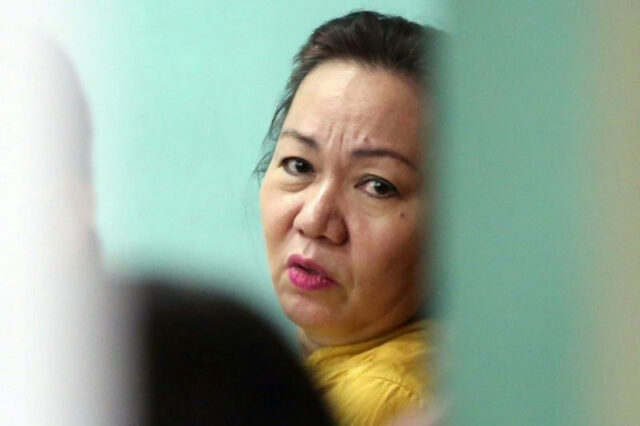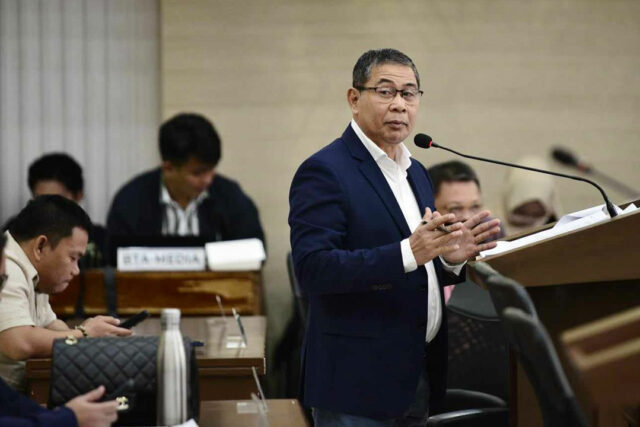Philippines’ bid for 2026 UN Security Council grounded on peace efforts
By John Victor D. Ordoñez, Reporter
THE PHILIPPINES’ bid for a non-permanent seat in the 15-member United Nations (UN) Security Council in 2026 rests on the back of the nation’s commitment to global and domestic peace-building, the Filipino ambassador to Vienna said.
Addressing representatives from 14 countries in a Dec. 14 meeting in Vienna, Philippine Ambassador and Permanent Representative to Vienna Evangelina Lourdes A. Bernas said the Philippines’ goal in eyeing membership to the UN Security Council is to building partnerships on sustainable development and bolster UN peacekeeping efforts.
The Department of Foreign Affairs (DFA) website quoted Ms. Bernas as saying that the Philippines is intent on “finding enduring solutions for overcoming common challenges through dialogue, consensus-building, and collaborative problem-solving.”
The ambassador also said that if given the chance, Manila would take on the role of a “partner, pathfinder, and peacemaker,” in dealing with other member states, noting the country’s history of deploying over 14,000 men and women in UN peacekeeping missions in the last 60 years.
The UN will hold an election for new UNSC members in 2026 in New York. Elected members would serve a term lasting from 2027 to 2028.
The Philippines was previously a Security Council member in 1957, 1963, 1980-1981, and 2004- 2005.
In September last year at the UN General Assembly, President Ferdinand R. Marcos, Jr. announced that the Philippines is eyeing a nonpermanent seat in the 15-member Security Council, saying the country is qualified due to its peace-building efforts.

